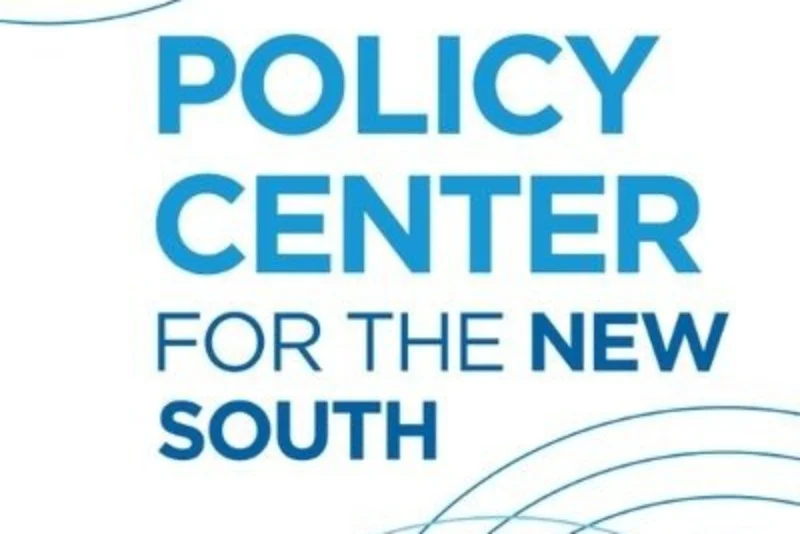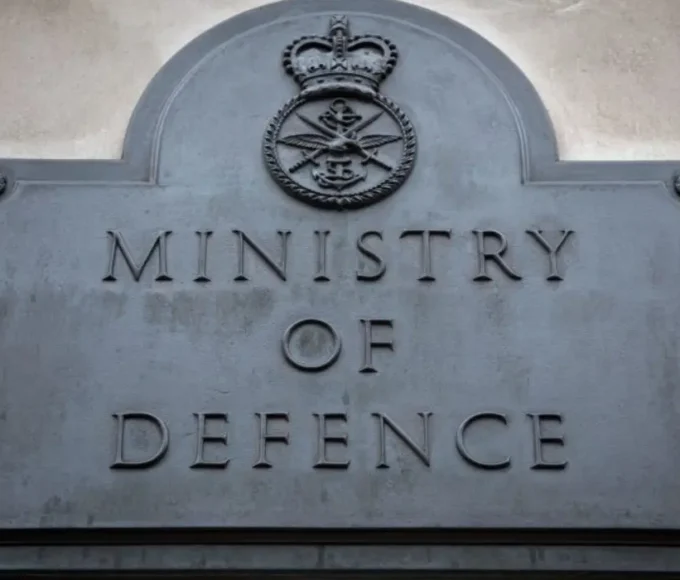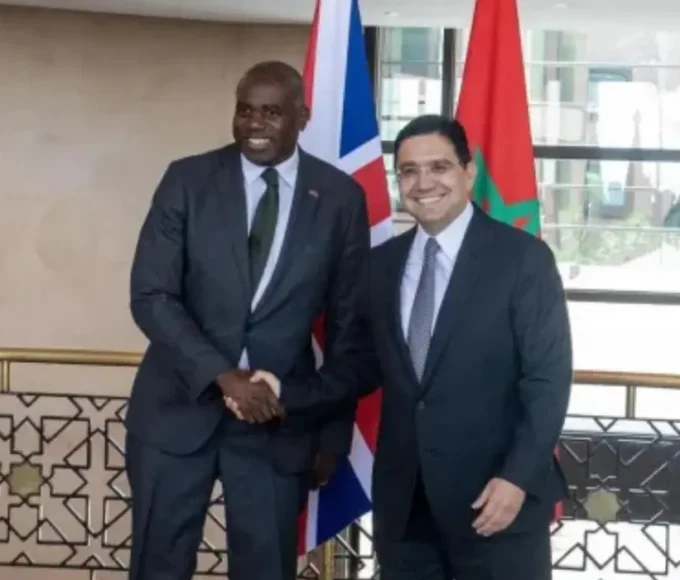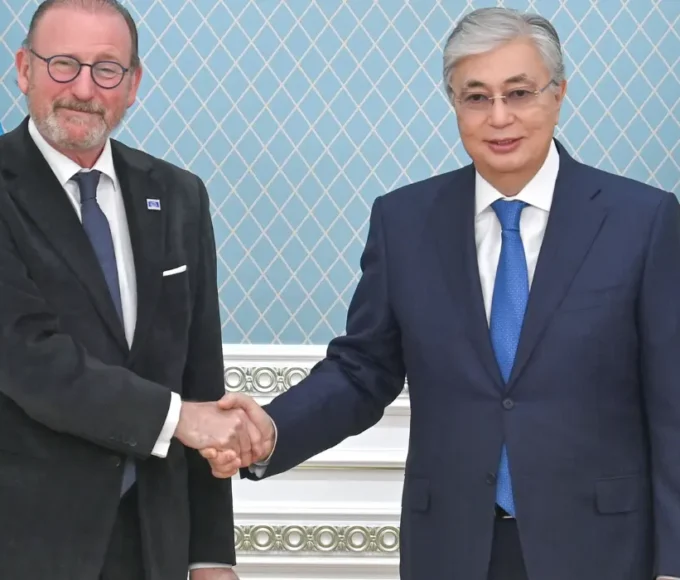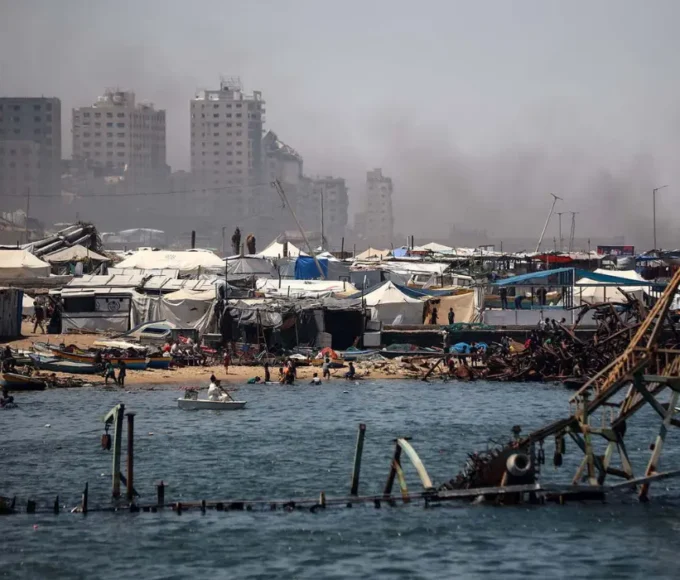Morocco has fulfilled the three basic requirements needed to fight terrorism and violent extremism, said El Mostafa Rezrazi, Senior Fellow at the Policy Center for the New South (PCNS).
In an analysis published by the PCNS on the occasion of the International Day for the Prevention of Violent Extremism Conducive to Terrorism, Mr. Rezrazi, also a professor of crisis management and security studies, explained that he This is, initially, the “development of security performance in its intelligence dimension or those related to law enforcement agencies and law enforcement agencies”.
Central Bureau of Judicial Investigation (BCIJ)
He cited as an example the creation, in 2015, of the Central Bureau of Judicial Investigation (BCIJ) and the updating of the legal arsenal through the amendments made to the Penal Code, in particular by Law No. 86.14 of 2015 supplementing and modifying the law 03-03 of 2003 relating to the fight against terrorism.
The expert mentioned, secondly, the dimension relating to prevention, the restructuring of the management of the religious field, the training of imams and religious actors and the regulation of the management of mosques, the organization charitable works and controlling the issuance of fatwas.
It is also a question, he continued, of the efforts made by the Superior Council of Ulemas and the Rabita Mohammadia in the deconstruction of extremist discourses, or even with regard to the revision of curricula and programs of religious education in different levels of education to perpetuate the values of tolerance and moderation, then in the rationalization of the media sector.
The third requirement relates to efforts to protect prisoners against terrorism and extremism, as well as the management of returnees from hotbeds of tension, said the academic, adding that several rehabilitation programs have developed for this purpose, in particular the “Moussalaha” programme.
The result of numerous efforts by the General Delegation for Prison Administration and Reintegration (DGAPR) with its partners, this program is part of efforts to guarantee the conditions for the reintegration of detainees convicted of terrorism cases. and violent extremism, he wrote.
It is not a sectoral program, said Mr. Rezrazi, noting that “Moussalaha” is rather part of the national strategy to fight terrorism and prevent violent extremism.
The main dimensions of the program concern reconciliation with oneself, with society and systems, with the norms governing society in its relationship with the individual and with institutions and reconciliation with the religious text, the expert underlined. .
This program, which “is characterized by its cutting-edge engineering modeled on the specificities of this category of prisoners and on the specificities linked to the cultural, intellectual, religious and social ecosystem”, is governed by good international practices, including the Memorandum of Rome, the Marrakech-The Hague Memorandum and the Rabat Memorandum, hence its membership in an advanced generation of rehabilitation and support programs, remarked Mr. Rezrazi.
The “Moussalaha” program, which celebrated its fifth birthday in the summer of 2022 after completing ten sessions for the benefit of detainees, “continues its efforts, according to a scientific approach that combines the best international practices, the individualization approach to support , with an approach based on continuous evaluation and renewal of curricula in order to achieve disengagement, de-radicalization and rehabilitation,” he argued.
The efforts made by the Moroccan public authorities have thus given “very comfortable and reassuring results”, welcomed the Senior Fellow at the PCNS, referring to several indicators of success, in particular “the almost total absence of recidivism” and “the rate unprecedented participation of detainees in the various reintegration, rehabilitation and support programmes”, which can make it a platform for exchange and cooperation with other countries.
He also stressed the need to make an extra effort to cover the post-detention stage as well as to support those who return from areas of tension without being criminalized or affected by legal follow-up. and law enforcement, especially children and women.
Celebrated on February 12 each year, the International Day for the Prevention of Violent Extremism Conducive to Terrorism is an opportunity to raise public awareness of the threats related to this scourge when it leads to terrorism and to improve cooperation international to counter it.
This article is originally published on fr.hespress.com


